Atlanta remembers D’Angelo as ‘a true soldier of music’
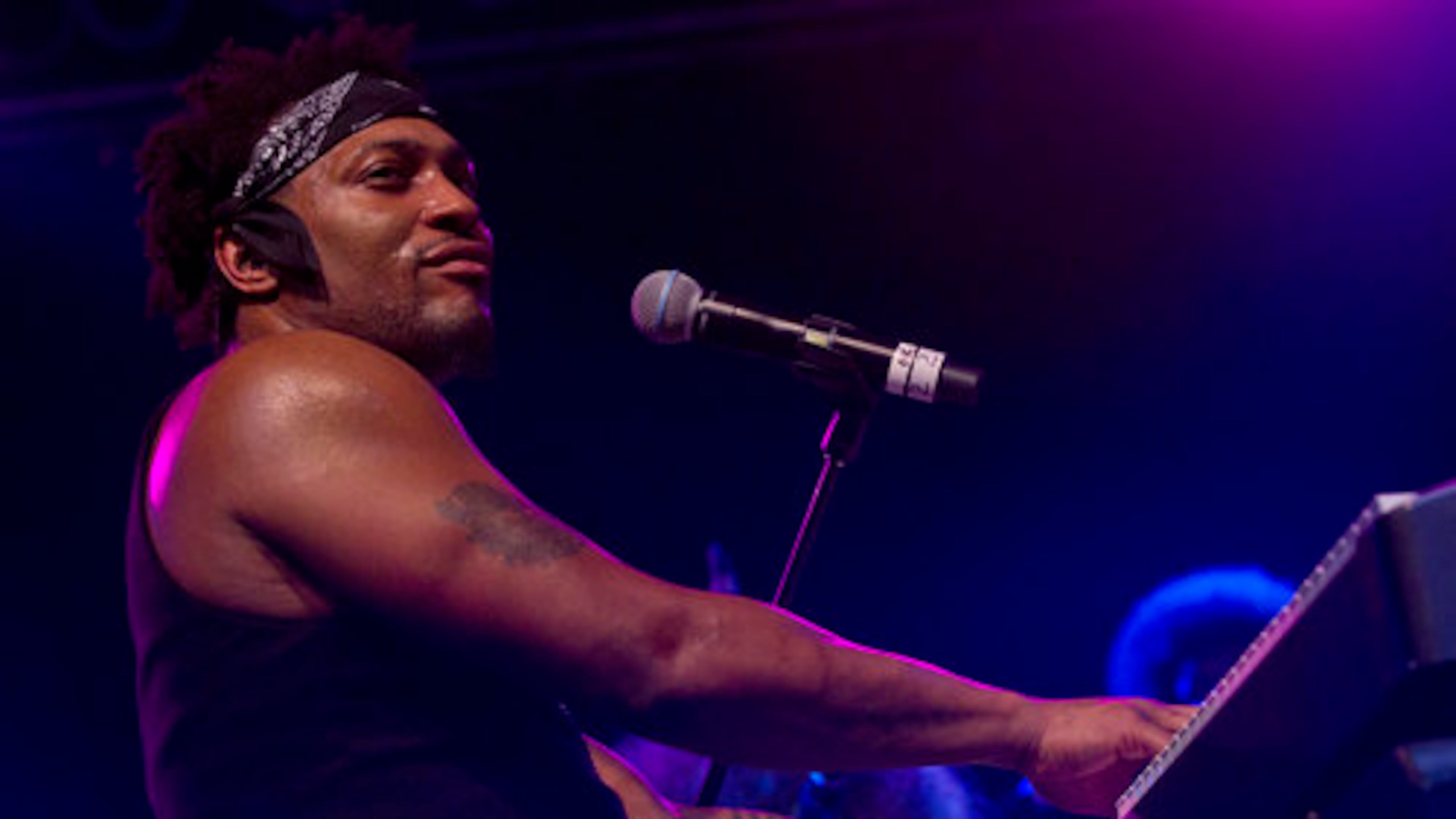
In January 1995, Arrested Development frontman Todd “Speech” Thomas got a cassette tape from music executives for a new artist signed to his record company, EMI Records.
They wanted the Grammy-winning hip-hop artist’s opinion of a 20-year-old singer, songwriter, producer and multi-instrumentalist from Richmond, Virginia.
He had cornrows and wore baggy streetwear but sang romantic lyrics, often in falsetto vocals like Prince, Curtis Mayfield and Marvin Gaye, over hip-hop, jazz, R&B, blues and gospel production.
He called himself D’Angelo.
Thomas told UATL he wanted other Atlanta audiophiles to hear the music he’d heard, which would ultimately become D’Angelo’s debut album, “Brown Sugar.”
“It felt like it paid homage to the greats and came from an era when soul music was burgeoning. He was doing something legacy-oriented and destined to be as great,” Thomas said. “He didn’t feel like an industry-created concoction.”
D’Angelo died Oct. 14 from a private battle with pancreatic cancer at age 51.
In three decades, the crooner released three studio albums, earned four Grammys and released songs like “Lady,” “Me and Those Dreamin’ Eyes of Mine” and “Untitled (How Does It Feel).”
Born Michael Eugene Archer, the multi-hyphenate artist is credited as one of the architects of “neo-soul,” a subgenre of Black music synonymous with live instruments and lyrics that were sometimes sensual, sometimes sociopolitical. Singers Maxwell, Erykah Badu, Bilal and Jill Scott are some of the artists associated with neo-soul.
Atlanta’s music community remembers D’Angelo as a passionate musician.
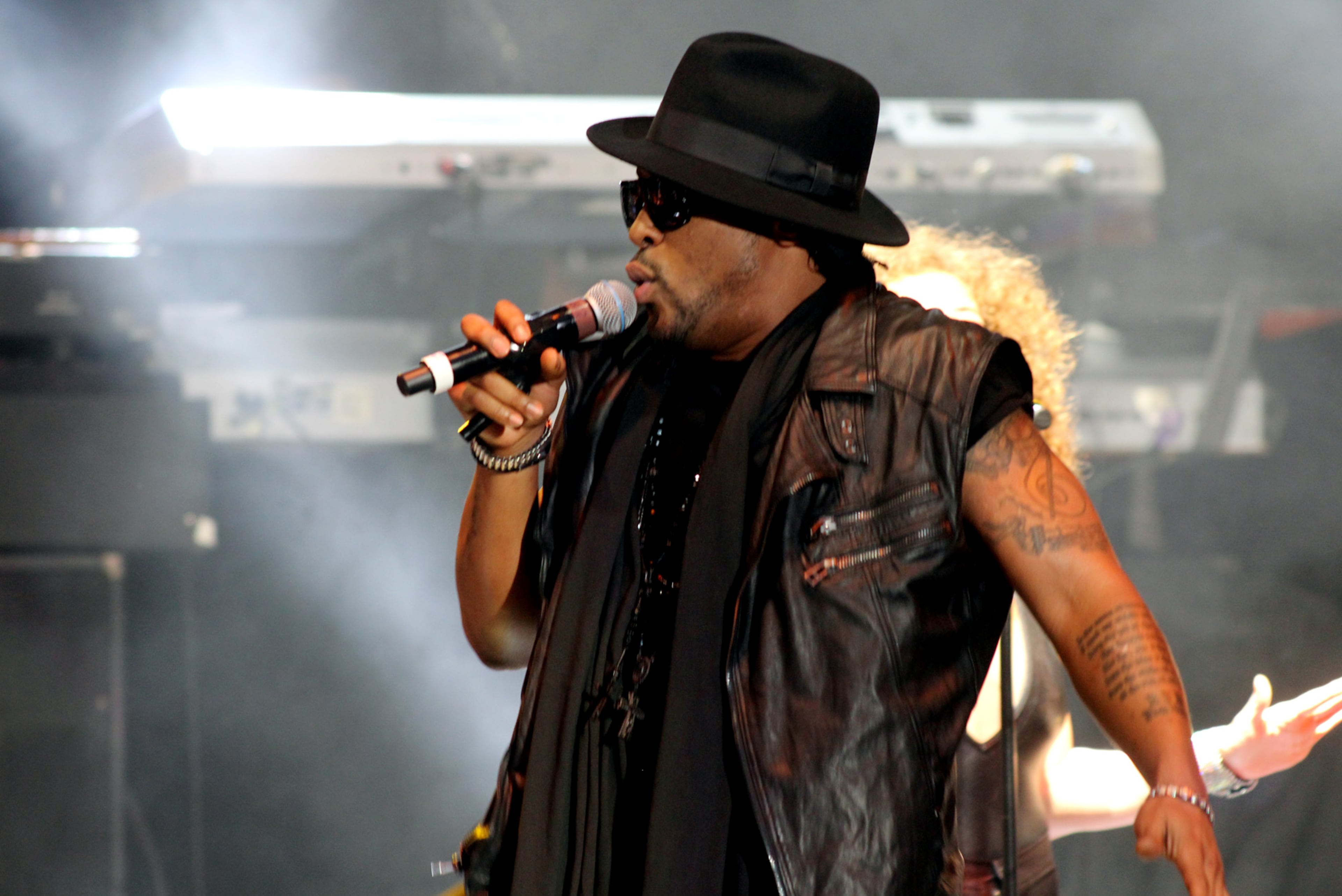
On Halloween 1995, Thomas’ promotions company, Vagabond Productions, booked D’Angelo’s first two concerts in Atlanta at Variety Playhouse. Singer and Dungeon Family affiliate Joi, and R&B vocal group Stepchild were openers at the sold-out shows held on the same night.
Joi, whose debut album “The Pendulum Vibe” was released in 1994, said performing as D’Angelo’s supporting act grew her fan base.
“His shows were so well-attended, I was able to be seen by more people and have an impact of my own,” she said.
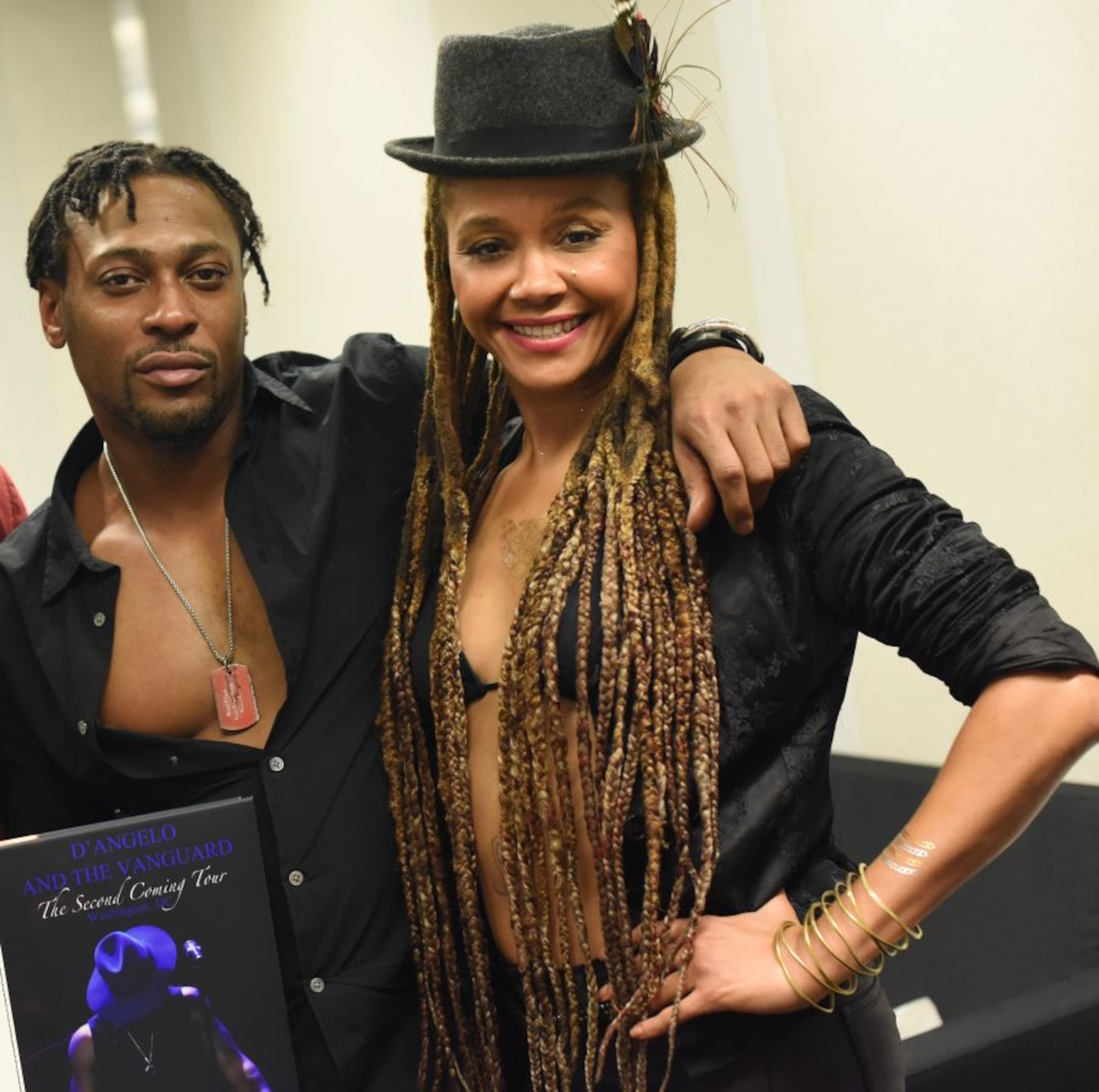
Producer Dallas Austin attended the performances. In 1993, Austin started Limp Records, his record company distributed through EMI Records.
D’Angelo regularly spent time with Austin, Joi and Black rock band Fishbone at Austin’s recording complex, D.A.R.P. Studios, when visiting Atlanta. They frequented storied music venues like Yin Yang Café, MJQ Concourse and The Point to check out emerging acts together.
EMI executives and D’Angelo asked Austin to produce a remix for “Cruisin,” a lush ballad originally recorded by Smokey Robinson in 1979. Austin said “Cruisin’” allowed him to produce music that departed from projects he created with TLC and Boyz II Men, which he said were created to achieve radio and chart success.
“I would do these commercial records for the labels, but I was really an alternative artist who wanted to stay true to what I liked. D.A.R.P. became the home for Black misfits. D(‘Angelo) was in our circle, Angie (Stone), Outkast and George Clinton were there, too,” Austin said.
“He wasn’t trying to follow nothing, but diverted everyone’s attention by just trying to do what he felt. It kicked the door open for so many labels to look for other artists who wouldn’t have gotten that shot.”
Radio personality Jamal Ahmad, who premiered WCLK’s “The S.O.U.L. of Jazz” on-air program in September 1995, was an intern for Thomas’ Vagabond Productions. His responsibilities included driving D’Angelo around, and Ahmad said he even introduced the upstart soul singer to Gaye’s 1978 album “Here, My Dear” while riding around.
“He heard the song ‘Is That Enough,’ asked, ‘What is this?’ and told me he hadn’t heard that Marvin before. I told him the story about it (“Here, My Dear”) being his divorce record, and he said, ‘This is deep,’” Ahmad remembered.
“When he dapped me up, he pulled back and had the hardest snap I’d ever experienced.”
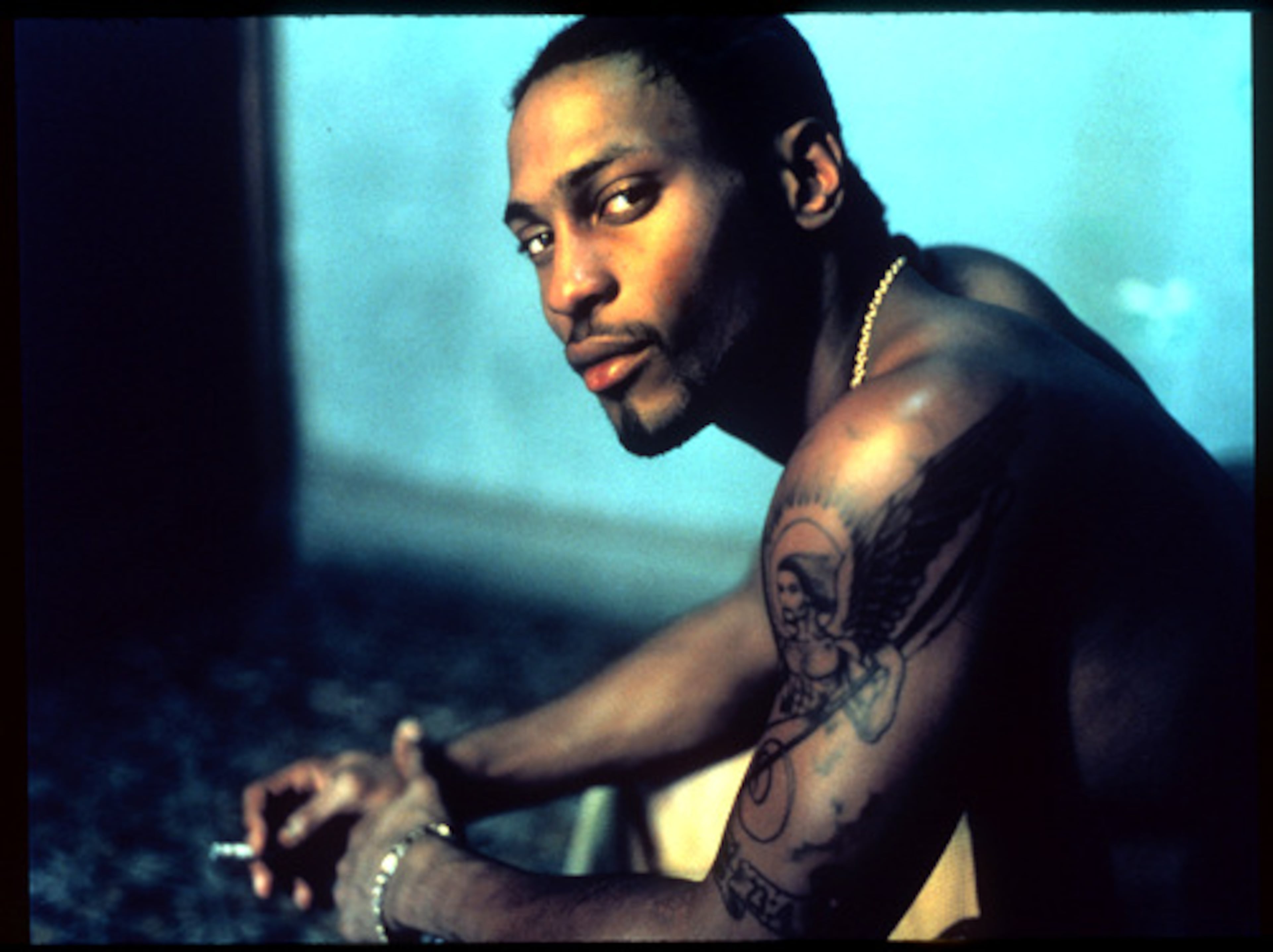
Former AJC staff photographer Sylvia McAfee covered the Halloween performances at Variety Playhouse. She said D’Angelo was well-received by the Atlanta crowd.
“It was packed. The man was just smooth, suave and stayed behind the Fender Rhodes piano most of the time. There were screaming, hollering women and men bobbing their heads,” McAfee said.
Jason Orr, creator of FunkJazz Kafe Arts and Music Festival, attended D’Angelo’s performance after singer and musician Meshell Ndegeocello suggested Orr see him live. She told him the performer was going to “change the soul music game.”
“I went after (booking) him (for FunkJazz Kafe) because she suggested it. It was new, Black church soul that didn’t sound like Jodeci. He was such an individual dude,” Orr said, “I told him ‘Black music and the world need you, brother.”
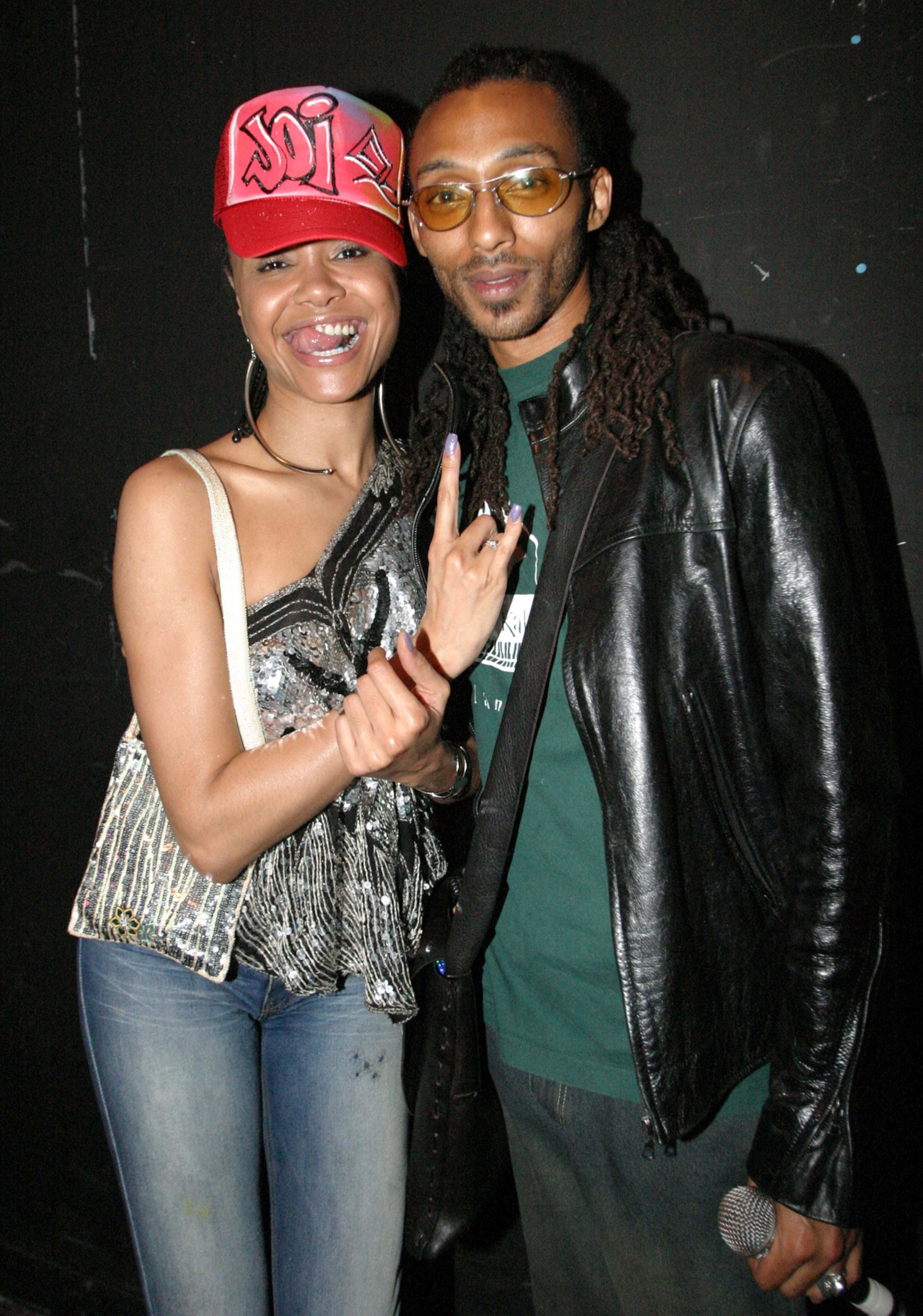
In January 2000, D’Angelo released his chart-topping sophomore album, “Voodoo.” He performed at Fox Theatre two months later, with rapper Mos Def as his opening act.
Atlanta-based trumpeter and bandleader Russell Gunn was part of The Soultronics, D’Angelo’s backup touring band. He was hired after being referred by trumpeter and “Voodoo” session musician Roy Hargrove.
Gunn said D’Angelo was collaborative but specific about performances. “He was very choosy, because he wanted the musicians to play spontaneously and get to the feeling. We played live, with no ProTools or Instant Replay (software),” he said.
“He would give minor instructions, accept some input but didn’t need it, because everybody gave themselves to his vision.”
The “Untitled” music video featured D’Angelo singing and showing his muscular physique. Gunn said D’Angelo became a superstar and sex symbol against his wishes.
“We couldn’t get through the first song without the crowd screaming for him to take his shirt off. He couldn’t go anywhere after that, and that was a lot for him. He only got to be himself around us, because by then, he became that dude,” Gunn said.
Fourteen years later, D’Angelo released his third album, “Black Messiah.” In June 2015, he performed at The Tabernacle with his new band, The Vanguard.
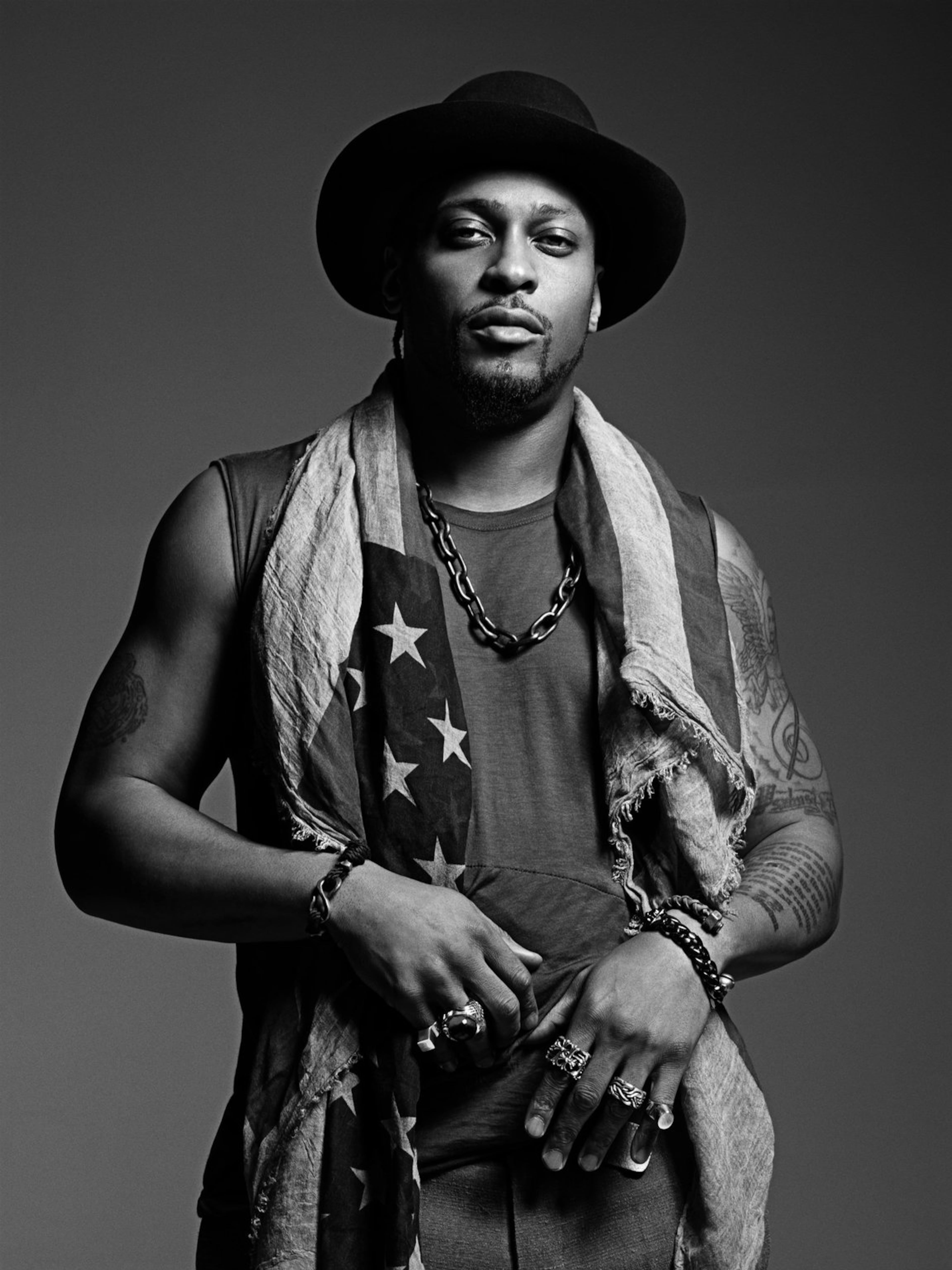
Joi joined The Vanguard as a background singer. She said D’Angelo trusted her despite not having much rehearsal time for the tour.
“I was expected to learn material very quickly in two days and be ready to hit it. It was some of the most challenging work I’ve had to do, but his shows were always tight and right,” she said.
Atlanta’s music community remembers D’Angelo as a passionate musician. Ahmad calls him an icon.
“He is a true soldier of music, once-in-a-lifetime talent who exemplified having one foot in the past, his body in the present and the other foot into the future,” Ahmad said.
